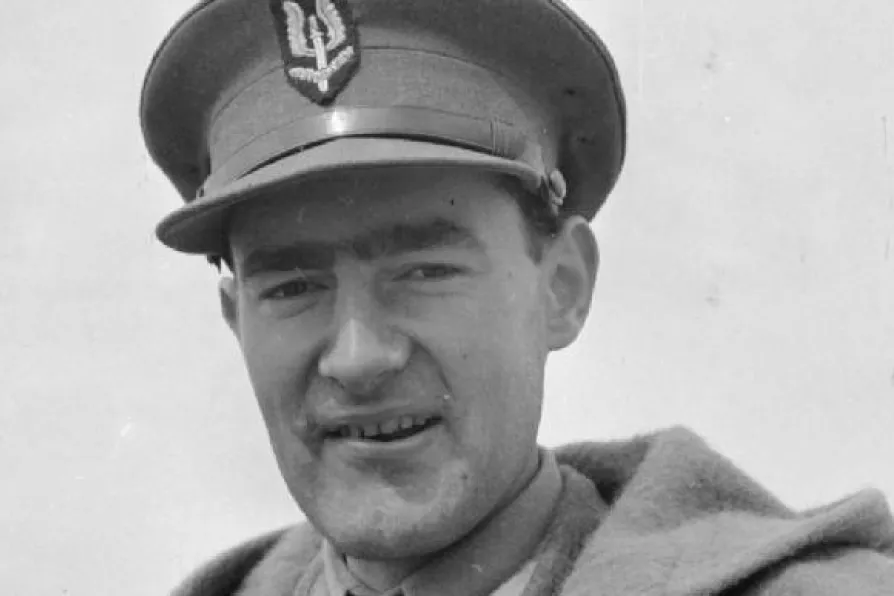
AFTER a successful first run in 2022, when Rogue Heroes averaged 6.8 million viewers (making the show the sixth most-watched British drama series of 2022), it was inevitable the BBC would commission a second season.
Viewers lapped up the show’s tales of real-life WWII derring-do, in which Ampleforth College-educated aristocrat Archibald David Stirling (1915-90) leads his handpicked squad of commandos to take on the Axis in north Africa. With such success, it would appear the regular (majority non-Eton, I presume) British army were sitting on their backsides most of the time while the SAS did all the hard work.
Well, that’s the impression if one believes the hokum served up by the show, the opening credits of which state “based on a true story, the events depicted which seem most unbelievable … are mostly true.”






 Latest editorial
Latest editorial






